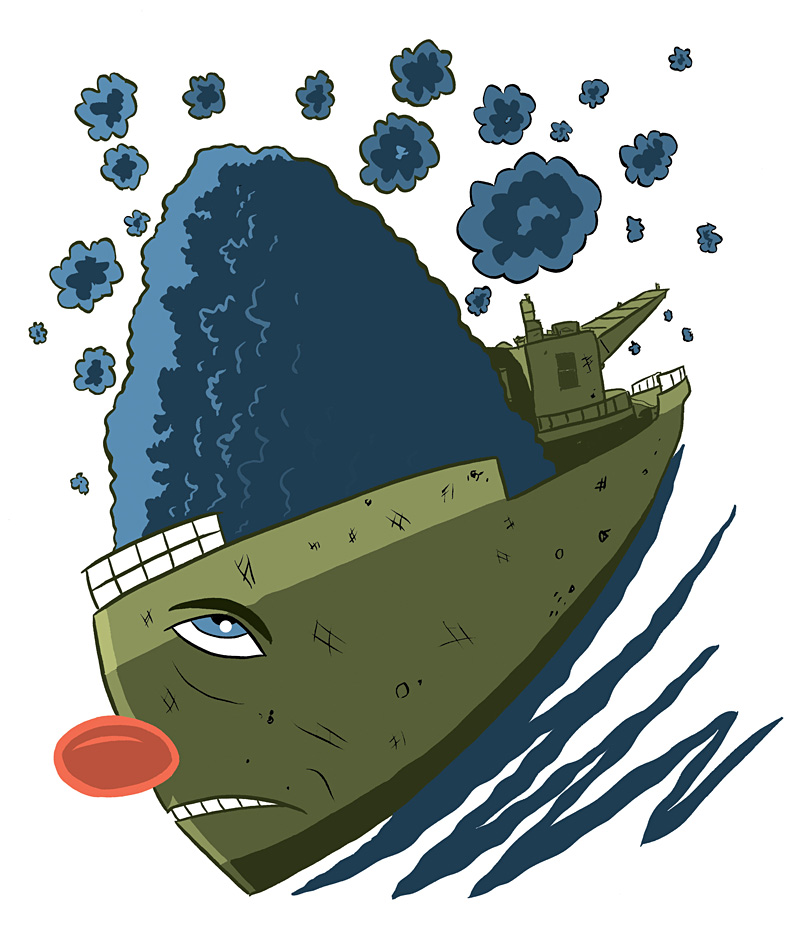When Gayle Kiser first heard about the plan to install a coal port close to her timber farm in Cowlitz County, the 15-year resident thought there was no way it’d be approved. “I figured this was a no-brainer,” she tells Seattle Weekly. “You don’t use the Columbia River to export a dirty fuel to China so they can burn it and send the pollution back to us.” But thus far, Kiser’s no-brainer has turned out to be anything but.
Last week, the three-member Board of Commissioners in this rural county in southwest Washington voted to allow a subsidiary of Australia’s Ambre Energy to export millions of tons of coal to resource-hungry Asia.
As a result of our state’s coastline and proximity to Wyoming’s coal-rich Powder River Basin, companies like Ambre have been scouting Washington ports for the past few years. Only last week, the Port of Tacoma nixed plans for a $300 million export terminal that would have shipped 20 million tons of coal per year. A trade magazine quoted anonymous Port of Tacoma insiders saying that the terminal deal got shot down because of the potential outcry from environmental activists. Those same feared activists have now turned their attention to Cowlitz County.
“This permit represents a generation-long commitment of shoreline to a filthy industrial use,” says Jan Hasselman, an attorney with Earthjustice.
Hasselman and the groups he represents were able to put the fear of God into Tacoma’s elected officials because the coal terminal there was to be built on public land. The same can’t be said of Cowlitz County, and that’s made all the difference.
Commissioner Mike Karnofski tells Seattle Weekly that public input was considered—and there was a lot of it; more than 100 people showed up at the hearing last week, roughly 100 more than normally come—but in the end he and his fellow board members really only had to vote on the legality of Ambre’s permit. “We relied on the advice of our attorney,” he says.
Ambre has agreed to clean up contaminants left by former operators of the site, and says coal dust won’t blow into the river because the company will spray it with a special polymer. But tree farmer Kiser is skeptical of the promises being made, especially given whom the company has tapped to handle its proposed coal terminal.
That would be Joseph Cannon, former chairman of the Utah GOP, member of a politically powerful family, and the current editor of the Deseret News. In 1987, Cannon and some family members bought a mill in Vineyard, Utah, from U.S. Steel. Despite a $110 million guaranteed loan from the federal government, Cannon was unable to continue operation and shut the mill down in 2002. It’s now a toxin-rich graveyard that needs approximately $40 million in remediation, a tab that will most likely be picked up by the government.







